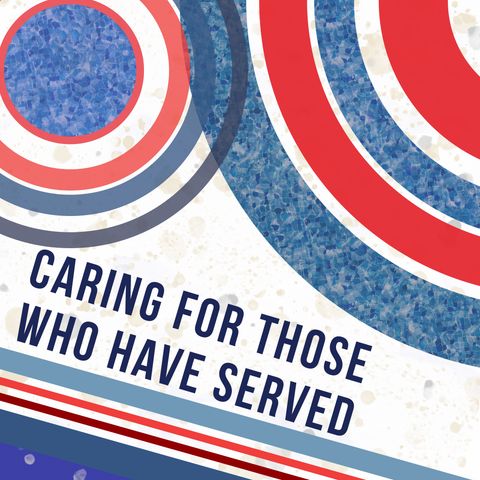6 OTT 2021 · In this episode, we speak with Dr. Christopher Loftis from the Office of Mental Health and Suicide Prevention and Dr. Patricia Watson from the National Center for PTSD about the importance of screening for military history and experience, and how to do so.
Dr. Christopher Loftis is a licensed clinical psychologist and consultant with more than 15 years of policy, program management, and practice experience in the nonprofit, commercial, and government sectors. He is currently the national director for VA/DoD Mental Health Collaboration within the Veterans Health Administration’s Office of Mental Health and Suicide Prevention. He has extensive knowledge of health policy and the health care delivery system, including administration and delivery, legislative policies and financing of private and public health services, the Military Health System, and Medicaid and Medicare programs.
Dr. Patricia Watson has been a clinical psychologist at the National Center for PTSD since 1998. Prior to that, she was an active duty Navy psychologist for eight years. Dr. Watson received her doctoral degree from Catholic University and completed a postgraduate fellowship in pediatric psychology at Harvard Medical School. She has co-authored the VA/DoD online course “Military Culture: Core Competencies for Healthcare Professionals,” as well as multiple educational materials and manuals related to resilience, support, and treatment for active duty service members, Veterans, and first responders.
Drs. Loftis and Watson explain to listeners with why screening for military history is essential in providing health care, along with guidance on how to best do so.
Additional Resources:
•The Military Health History Pocket Card developed by the VA Office of Academic Affiliations https://www.va.gov/OAA/pocketcard/
•The Have You Ever Served Initiative by the American Academy of Nursing, which also has information and materials that can guide taking a military history. https://www.haveyoueverserved.com/


